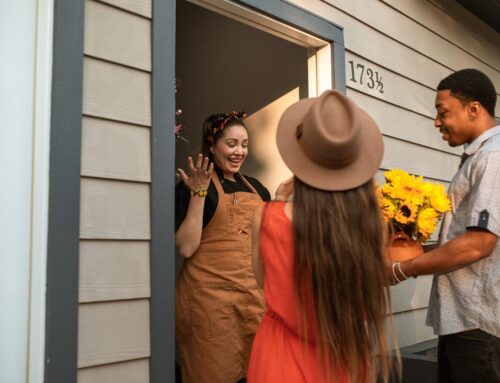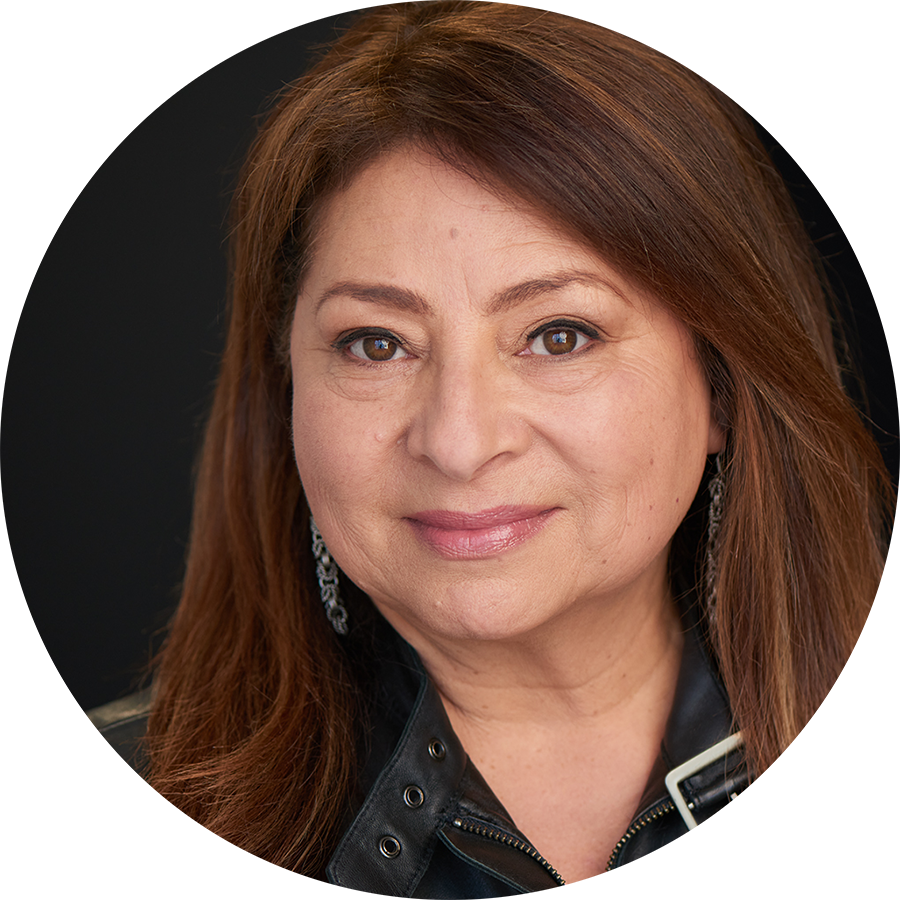You can ask, but what’s your point?
Some people don’t mind being asked who they voted for or openly showing support for a particular candidate or proposition. That is their right.
Using common sense and social skills can help you decide whether to ask in the first place. Especially in the workplace.
Why do some people choose to keep their voting preferences private?
After an informal survey of both genders, varying ages, and job status, these were the most common reasons for choosing not to disclose political views: (not in any particular order)
- Family and friends would be shocked, furious, confused…if I told them what I really believed. (A few added that they were fearful that some relationships would end or be negatively affected.)
- I don’t want clients, business acquaintances, coworkers, or worse, my boss to find out. (I have heard of people refusing to do business with someone because of their political views. We’ve all got the freedom to do so, but gosh, how exhausting to interview everyone you meet to make sure they agree with you on everything!)
- I don’t talk about in our home in front of our school-age child(ren), just in case they were to innocently leak it to their teacher. (That would be sad and unprofessional to say the least, if a teacher treated a child differently.)
- “I don’t want my future in-laws to learn about my political views…nothing they can say after we’re married.” (Wow!)
- The one that surprised me the most was, “My wife doesn’t know how I really vote.” (Is that healthy in a marriage? I guess if it works. I wanted to ask him, “What would she do if she learned the truth?”)
We all know or are acquainted with people with varying political views and perspectives. Isn’t that what makes relationships interesting?
You can learn from listening to someone else’s point of view–heck, you might even change your mind, or theirs.
- Don’t judge someone because of their voting choices or political affiliation. It is rarely that black and white.
- Don’t break off a relationship because of the differences. Good relationships are hard to find.
- Don’t ask. Don’t tell, is always an option.
From the audience:
Q: I’ve had a few people “unfriend” me on social media…another told me she couldn’t be friends with someone like me. What do I do? –Jeremy
A: Dear Jeremy, My sassy response: “What, are we five? If I don’t play what you want to play, you won’t be my friend anymore?” I guess we never were! Seriously, you can ask them to consider how well you got along prior to knowing your political persuasion, and that you value the relationship…you have no problem with continuing the relationship. If all that doesn’t persuade them to “grow-up,” wish them well and move on.
Helping Businesses and Individuals Find Success Through Better Communication and Social Skills
 Rosalinda Oropeza Randall, Social Skills and Civility Presenter, Media Source, and author of “Don’t Burp in the Boardroom.”
Rosalinda Oropeza Randall, Social Skills and Civility Presenter, Media Source, and author of “Don’t Burp in the Boardroom.”
Presentations are available to support HR policies, sales teams, up and coming managers, millennials & new-hire orientation process, service technicians, professional development events, conferences, college/university students, interns. For more information, please contact me, 650.871.6200.
Photo source: 123RF






